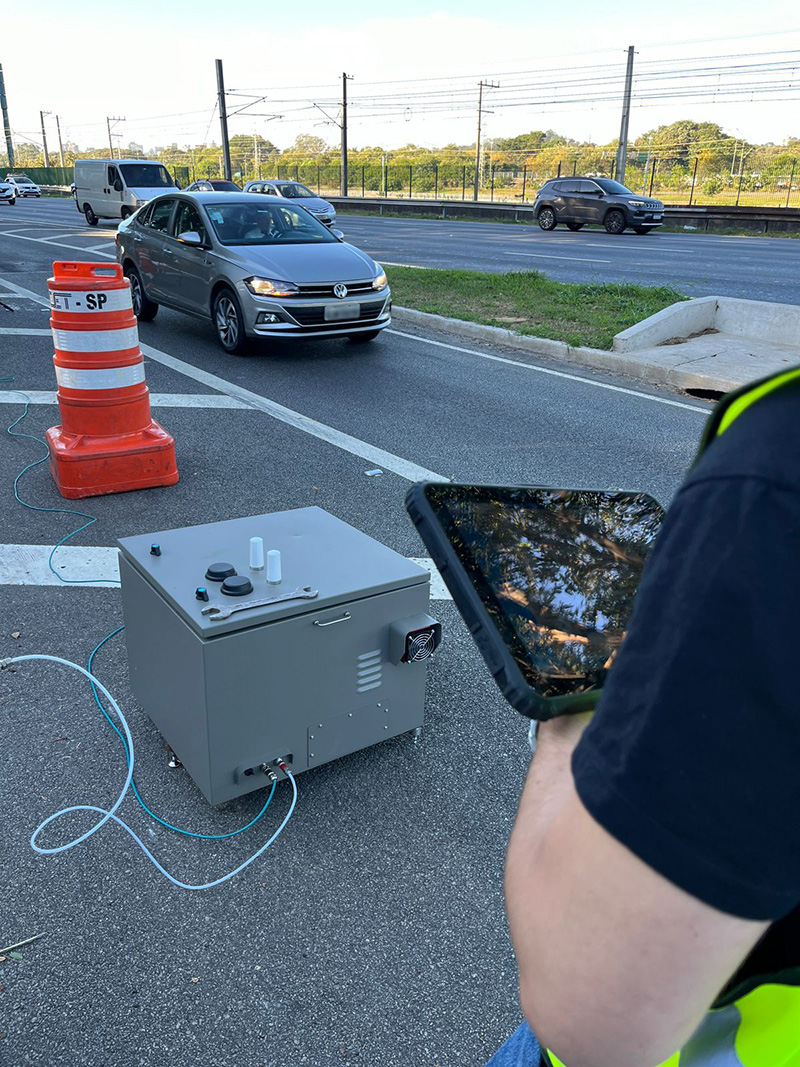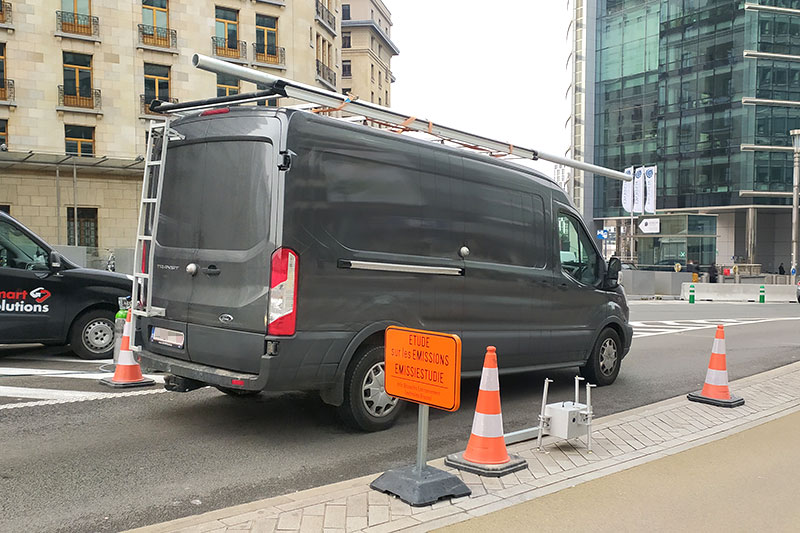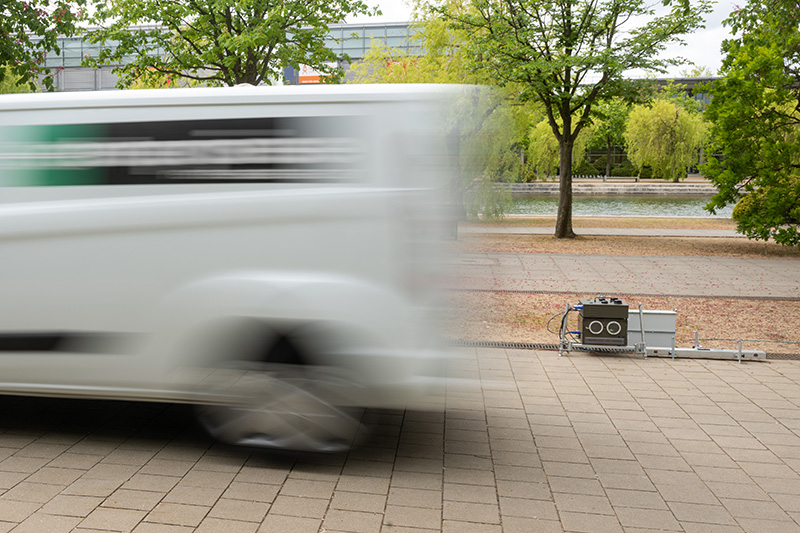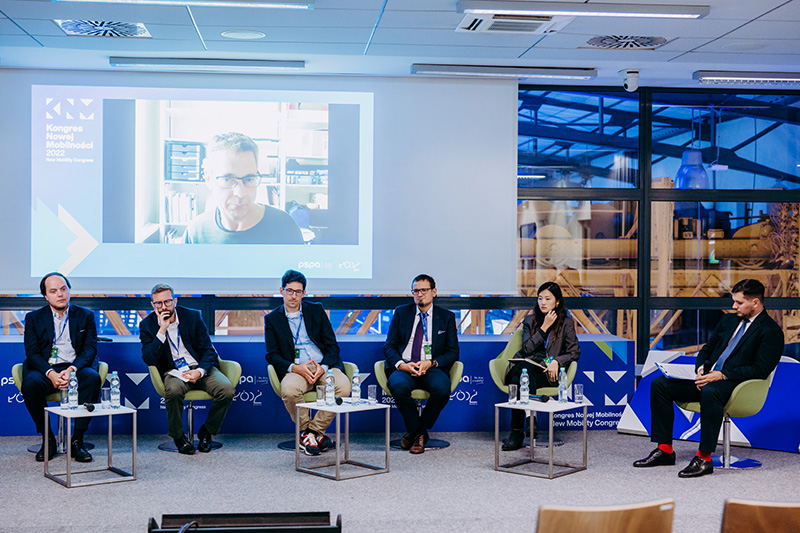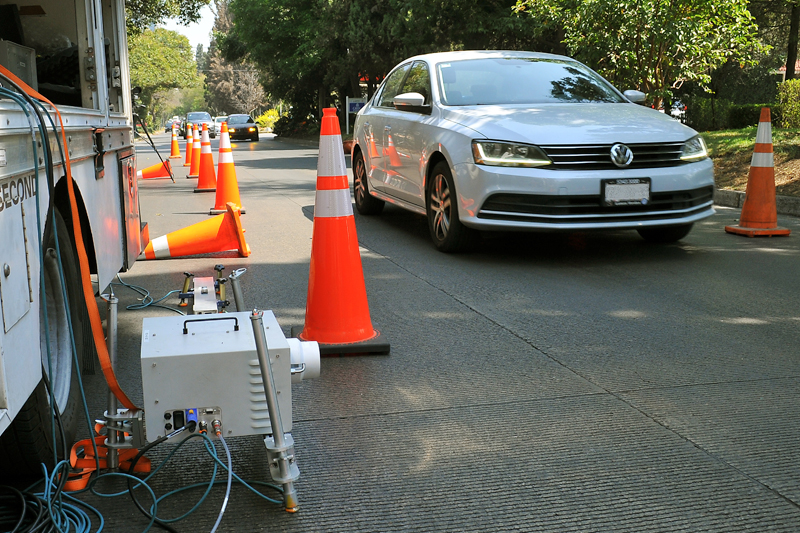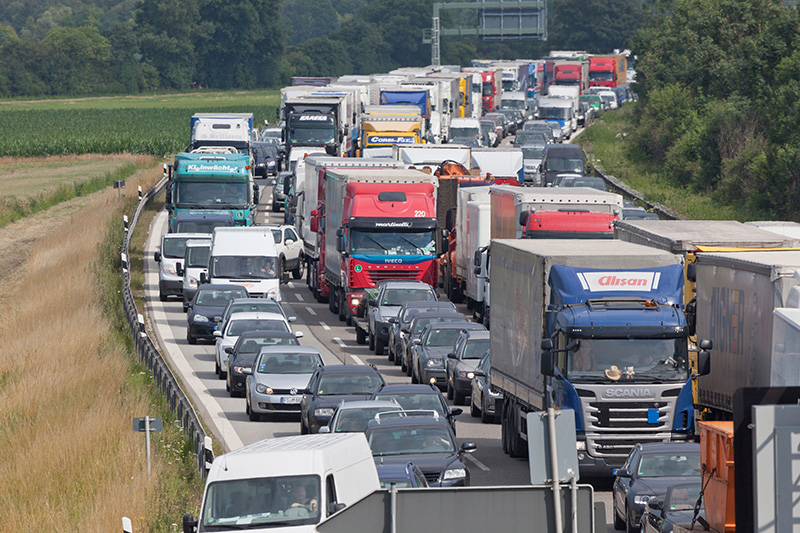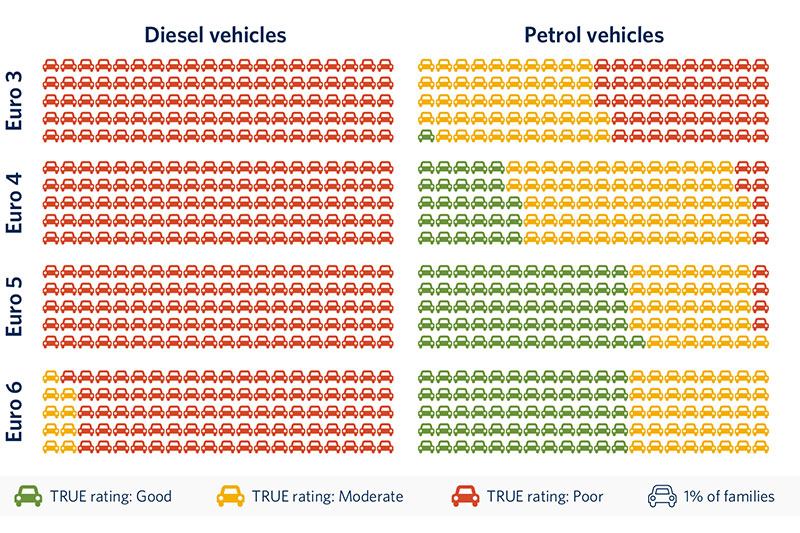São Paulo, Brazil TRUE emissions testing campaign launched
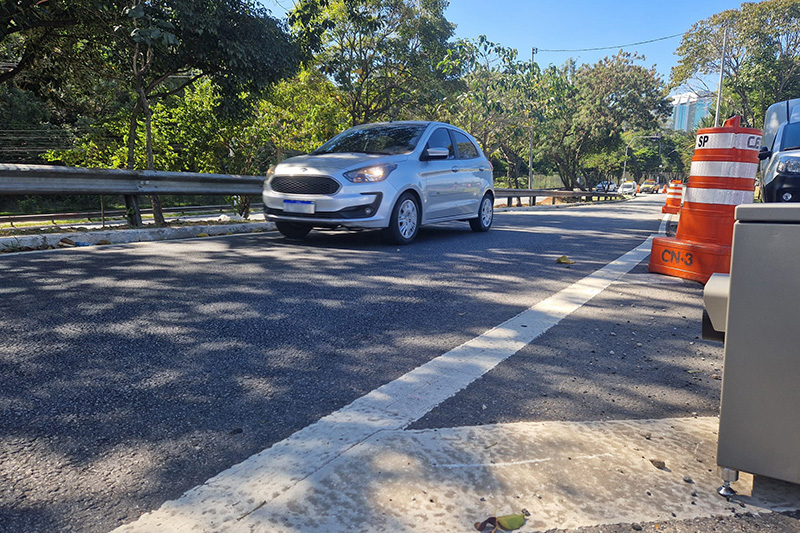
A new testing campaign has been launched by TRUE, the first of its kind for the city of São Paulo, to address rising air pollution in Brazil’s largest urban environment.
Roadside emissions testing began on the streets of São Paulo earlier this month to gather real-world emissions data from the city’s vehicle fleet for the first time. Considered Brazil’s financial center and an important hub for Latin America, the city’s urban fleet registers over 8 million vehicles. The growing number of vehicles contributes not only to increased traffic congestion but results in poor air quality that increases the likelihood of adverse health effects for its citizens, including respiratory and cardiovascular diseases.
The start of this remote testing campaign in Brazil expands the TRUE Initiative’s work in Latin America and builds upon previous experiences in Mexico City and Bogotá, however São Paulo offers a unique opportunity to work at both the local and regional levels. TRUE’s on-the-ground partners include the regional entities Companhia Ambiental do Estado de São Paulo (CETESB) and Companhia de Engenharia de Tráfego (CET). Technical analysis is provided by the International Council on Clean Transportation (ICCT), in addition to support from the FIA Foundation.
Roadside sensors deployed by OPUS RSE will capture the real-time emissions of vehicles across at least five sites in São Paulo. During the campaign, it’s estimated that data from over 150,000 vehicles will be collected in a period of four weeks, with emissions measurements taken of pollutants including carbon monoxide (CO), hydrocarbons (HC), nitrogen oxide (NO), nitrogen dioxide (NO2), particulate matter (PM), and ammonia (NH3), all relative to carbon dioxide (CO2).
The primary goal of the testing campaign is to provide CETESB with an up-to-date snapshot of the city’s real-world emissions and to identify particular categories of high emitters and their corresponding fuel type. In addition, this campaign will help ascertain the origins of these vehicles by tagging their registration data as inside or outside city limits.
As the federal government develops implementation plans for its recently launched Programa de Mobilidade Verde e Inovação (Mover) (Green Mobility and Innovation Program), policymakers seek input on incentive programs, fuel regulations, and research and development opportunities. This campaign will provide data on the current effectiveness of the national PROCONVE emission standard as they consider new regulation programs and incentives for hybrids and zero-emission vehicles. At the regional level, mayoral elections in São Paulo later this year could also influence the future direction of policies for the city.
This TRUE analysis will help the city understand how the data can be utilized to develop these new transport policies to reduce pollutant emissions from transportation and a full study analyzing the results of this testing campaign will be available later this year.
